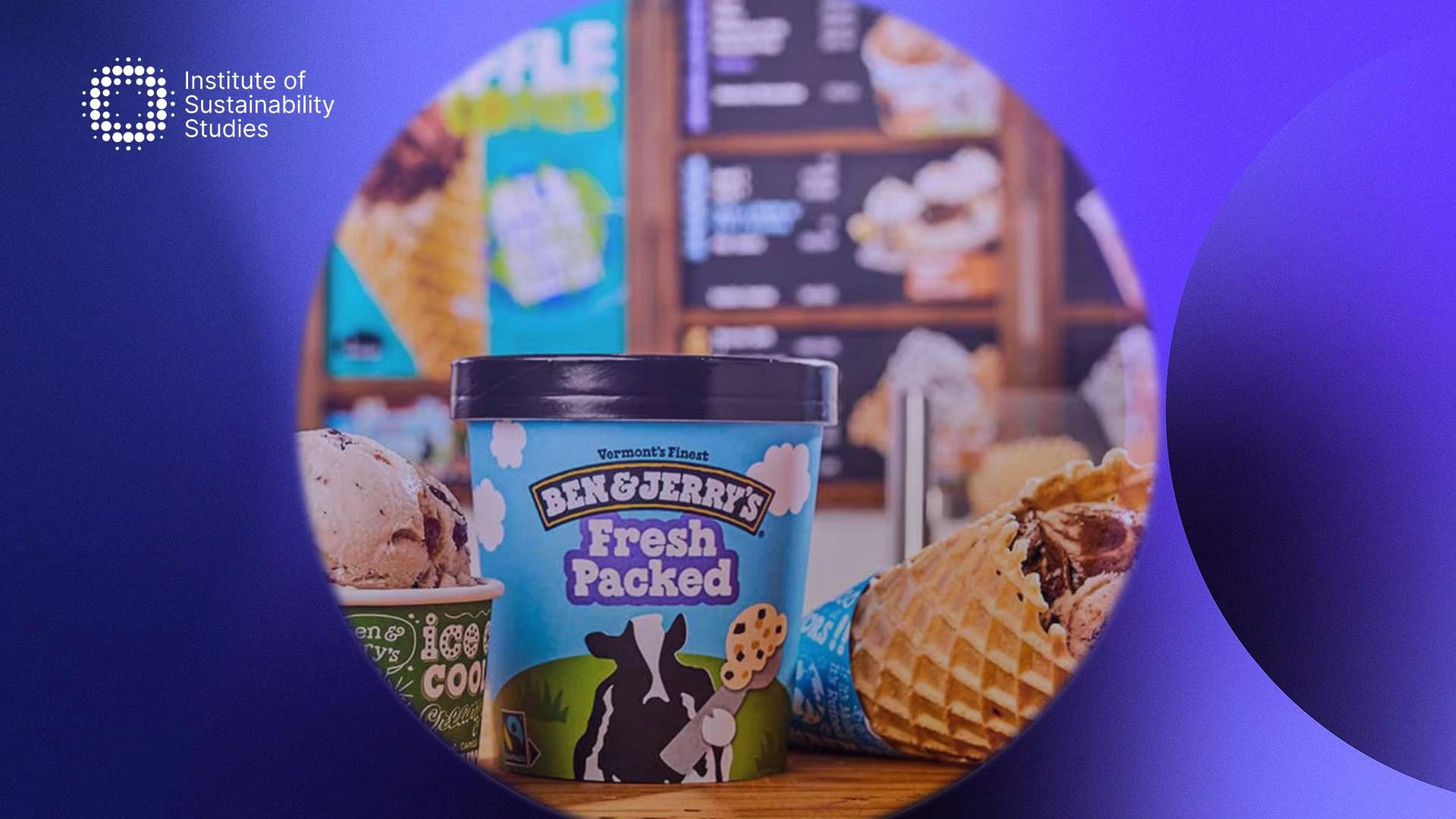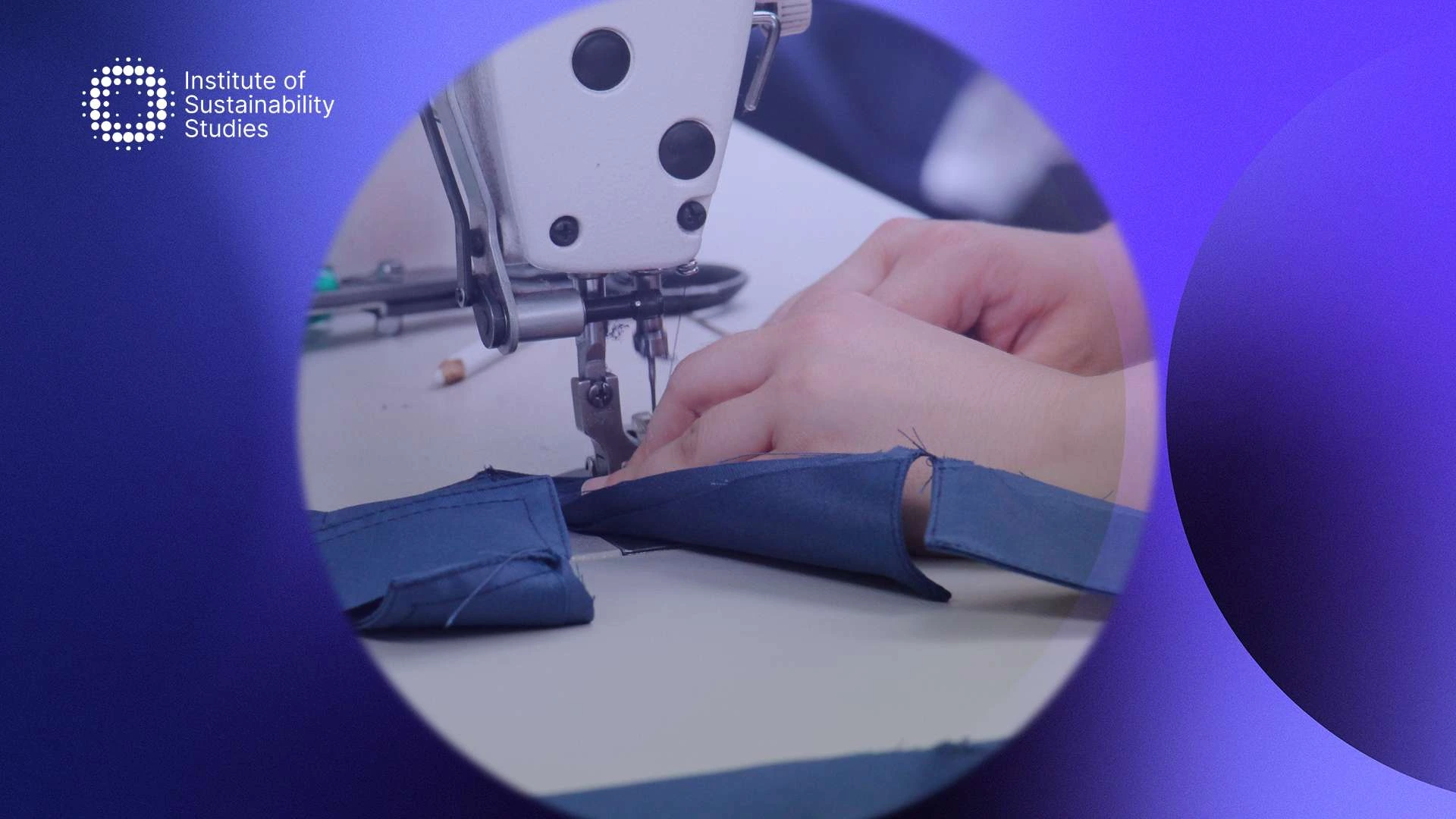The retail company Marks & Spencer (M&S) has recently shared it has removed over two million additional plastic units from its food packaging. This achievement falls in line with the brand’s business sustainability strategy to remove one billion plastic units by 2027/28.
About the brand’s measures to reduce plastic waste
The change is part of a larger effort that has witnessed the company eliminate more than 80 million plastic units across several production lines. So far, M&S has removed 400 million units from its food hall with measures such as switching to paperboard punnets.
By making the change to paperboard punnets for its organic blueberries, the retailer has managed to successfully eliminate approximately one million plastic trays. However, M&S is taking things even further, trialling numerous other sustainable packaging solutions.
One such potential solution includes using top-seal board punnets instead of flexible plastic for its chestnut mushrooms. If this trial is a success, the packaging will be used for all the company’s mushroom varieties.
The brand started using cardboard packaging for its British Collection vine tomatoes in 2022, a practice that is cutting almost eight million plastic pieces annually. M&S recently surpassed its goal of removing 75 million plastic units for the 2023/24 period; four months ahead of their predetermined schedule.
Learn to integrate circular economy strategies and create sustainable products with our practical Certificate course
Marks & Spencer’s other sustainability efforts
In terms of other sustainability efforts by the company, M&S has committed to achieving net zero emissions by 2040. It is also striving to have all recyclable packaging by 2025 and has pledged to reduce its single-use plastic packaging output for food products by 30% by 2027.
Head of Packaging at M&S, Karen Graley has urged that reducing plastic packaging is a top priority. She added that M&S is dedicated to doing the right thing by reducing plastic at scale and sourcing new ways to package its products. This drive has already enabled the brand to remove over 80 million units of plastic from its supply chain.
However, Karen also highlights that another important part of this journey for M&S is making it simpler for their customers to make more eco-conscious decisions. Offering packaging that is easier to recycle is just one way to achieve this.
Final thoughts
Marks & Spencer’s proactive approach to reducing plastic waste serves as an exemplary model for businesses committed to sustainability. By taking the above actions, the brand demonstrates how businesses can make a tangible impact in the fight against plastic pollution.
Their achievements, including surpassing their 2023/24 plastic reduction goal ahead of schedule, reflect a deep commitment to environmental responsibility and consumer convenience. As the company pushes towards its ambitious target of removing one billion plastic units by 2027/28, and with broader goals like achieving net zero emissions by 2040, there’s no doubt M&S is setting a benchmark that others should follow.
Shruthi is a dedicated digital marketer whose passion for all things digital drives her to leverage her skills to design campaigns that resonate with audiences and drive meaningful engagement, with a people-first marketing approach. Committed to eco-conscious living, she reduces her carbon footprint through mindful resource use, inspiring others to embrace sustainable choices.
- Shruthi Prakashhttps://instituteofsustainabilitystudies.com/insights/author/shruthi-prakash/
- Shruthi Prakashhttps://instituteofsustainabilitystudies.com/insights/author/shruthi-prakash/
- Shruthi Prakashhttps://instituteofsustainabilitystudies.com/insights/author/shruthi-prakash/
- Shruthi Prakashhttps://instituteofsustainabilitystudies.com/insights/author/shruthi-prakash/










